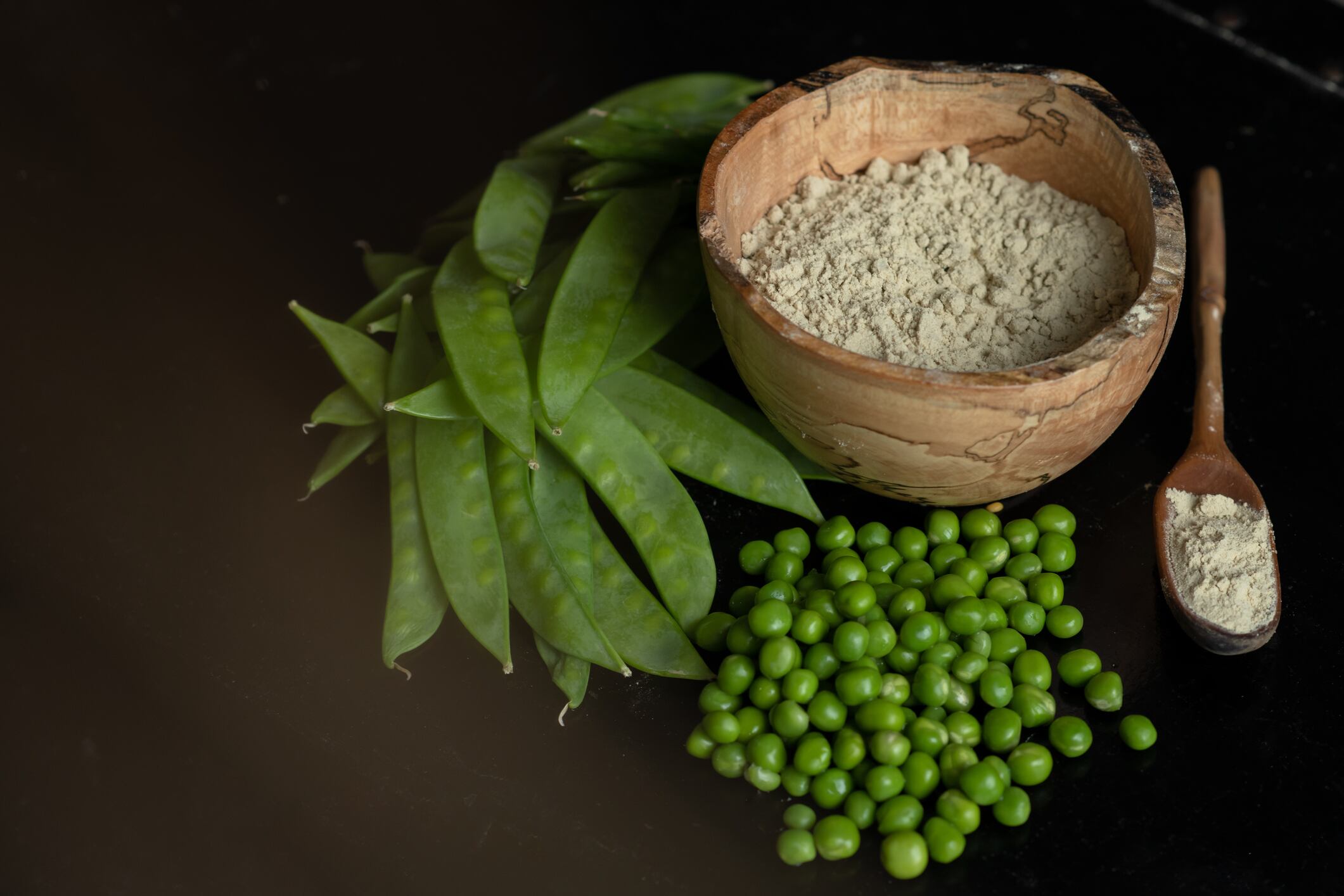Beyond the ‘obsession’: Are alternative proteins truly the best path to a sustainable food supply?
Creating a sustainable food supply to meet population demands will require more than just a focus on growing the alternative proteins sector despite its current hype, according to industry experts.
Alternative protein has been one of the biggest trends to hit the food and beverage sector in the past few years, with many strongly believing that it represents the end-solution to creating a sustainable food supply to feed an estimated 10 billion global population by 2050.
But despite its rapid growth and the keen interest both big brands and emerging start-ups have taken in this sector, experts are questioning the veracity and practicality of focusing too much on this to the detriment of developing other potential solutions.
“There is a clear overemphasis on protein [when] today the evidence clearly shows there is no global ‘protein gap,” food systems expert and author of International Panel of Experts on Sustainable Food Systems (IPES-Food) report Politics of Protein Professor Phil Howard said.
Vitality for the elderly: How plant-based and natural can clean-up in the burgeoning active ageing space
Singaporean plant-based firm Vitality Foods is targeting the still-active seniors demographic in APAC with its all-natural, clean label products, believing it has found a gap in the industry that is as-yet underserved and full of unmet needs.
According to Vitality Foods Co-Founder and Chef Sowmiya Venkatesan of Masterchef fame, the elderly population of today are very different to what was considered the elderly of a generation ago, and the food sector needs to evolve accordingly to meet their needs.
“A lot of senior-targeted food and beverage products today end up looking more at things like dysphasia or other last-mile products, but Vitality Foods wants to play in a market segment that is much earlier than that,” Venkatesan told FoodNavigator-Asia.
Aleph Farms seeks to be ‘first halal-certified’ cultivated meat firm as it touts Singapore and Israel steak launch
Aleph Farms aims to become the world’s first halal-certified cultivated meat producer, as it ramps up production capabilities for the commercial launch of its cultivated steak in Asia this year, while also laying eyes on global expansion.
Five years since it became the first company to grow cultivated steaks directly from non-modified cow cells back in 2018, Aleph Farms announced the next stage of its scaling-up developments today (March 1).
The firm has acquired a new manufacturing facility in Modi’in, Israel from biotechnology company VBL Therapeutics, and inked a partnership with Singapore’s ESCO Aster.
Japan foodtech firm DAIZ outlines ambitions to extend global reach for meat alternatives
Japanese food tech company DAIZ is accelerating efforts to broaden its portfolio of meat-alternative applications, which have already been adopted by a number of high-profile domestic players.
The firm was speaking following the announcement of a partnership with Roquette, which seeks to combine the latter’s experience in the research and production of plant-based ingredients with DAIZ’s capabilities in meat-alternative applications.
“Apart from its expertise in pea-based proteins, Roquette has the market intelligence and a network of application centres around the world that DAIZ can tap into. Likewise, DAIZ will bring to the table our proprietary technology for seed germination. Together, we will elevate innovation efforts to produce high-quality meat alternatives,” Haruka Ideguchi from DAIZ’s public relations department told FoodNavigator-Asia.
Tradition with a twist: How Philippines’ plant-based pioneers are infusing health and localisation to stand out
Plant-based brands in South East Asia need to step up their game by integrating unique health and localisation features to stand out in the increasingly crowded market, according to a Philippines brand blazing a trail in the sector.
Although many food firms have been quick to join the plant-based bandwagon in the ASEAN region, it is one thing to be part of the industry, but another entirely to stand out in a sector that has seen such immense growth over the past few years and is tipped to grow a further 25% by 2025.
For Philippines plant-based pioneer WTH Foods, the firm has integrated added health and localization elements into its product development in order to differentiate itself from the crowd.





